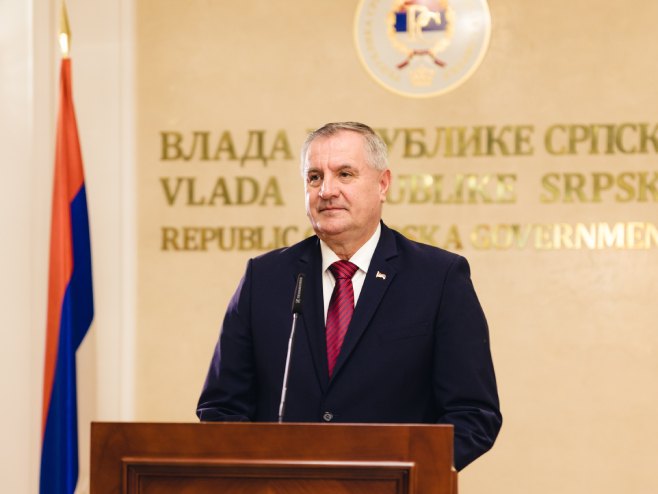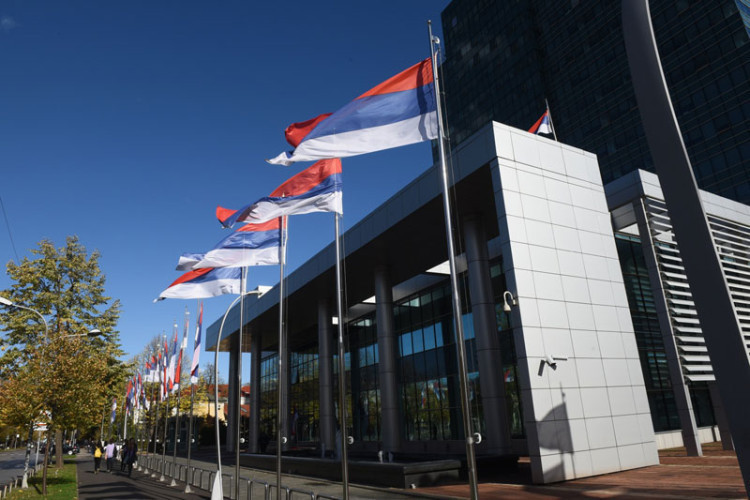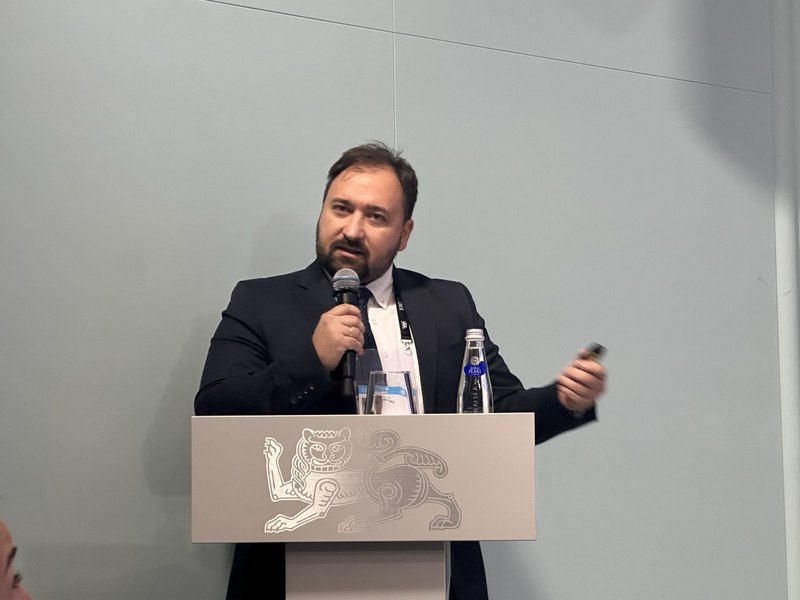The Prime Minister of Republika Srpska, Radovan Višković, emphasized that for Republika Srpska, any discussion—let alone implementation—of the British plan to establish migrant centers in Bosnia and Herzegovina is absolutely unacceptable.
“We will never give consent to such an initiative, because we consider it, first and foremost, a major security risk. We do not want to expose our citizens or Republika Srpska to any kind of security threat,” Višković stated in an official release.
He added that this must be made clear to everyone—from European advocates of the plan to domestic actors attempting to extract certain benefits from the situation.
“I’m primarily referring to opposition parties from Republika Srpska, which are clearly willing to accept anything if it means securing a few positions. We’re already used to political Sarajevo silently accepting all directives, but it’s disheartening to see our opposition so ready to trade Republika Srpska for certain privileges. Discussing the security risks is almost redundant—who could guarantee the safety of every one of our citizens under such circumstances?” Višković asked.
He stressed that this is not about any racial, ethnic, or national issue, but exclusively about the security of Republika Srpska.
“The fact that these migrants have been labeled as undesirable in the very countries now imposing solutions on us speaks volumes. Unlike the opposition, we—who represent the people and institutions—bear great responsibility in defending the survival of Republika Srpska. To us, it is sacred, and we will protect it to the very end. Republika Srpska holds a clear position that BiH must not become a collection center for certain categories of migrants, whose relocation would only shift the problems they carry from certain European countries to our region,” Višković stated.
He concluded that Republika Srpska and its citizens will not pay the price for the failed policies of others.
“Some European countries must now show capacity and responsibility to face this issue within their own frameworks, rather than shifting their crises and problems onto other regions,” he said.
Source: RTRS









